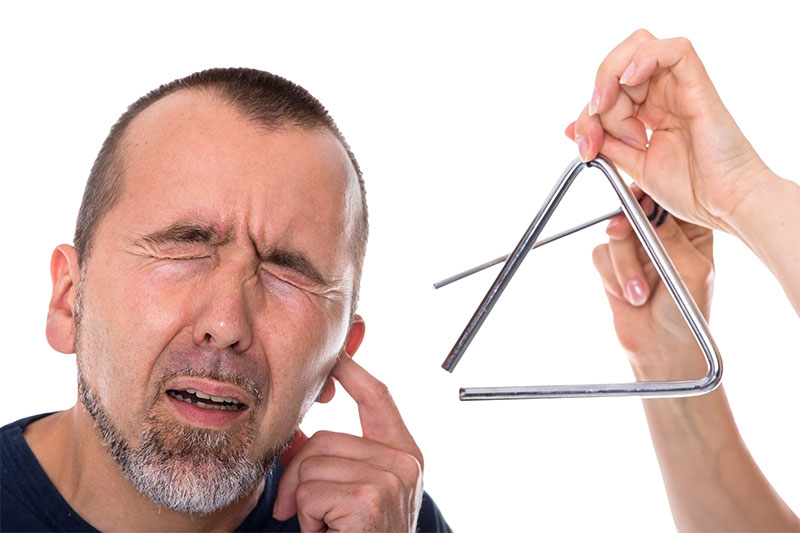
Once in a while, your ears begin to ring and there isn’t always a reason for it. There is an old wives tale that if your ears are ringing, you have someone talking about you. However, whether there is any truth to that is not really known. But the term for the ringing in your ears is known as tinnitus.
Sometimes tinnitus is not ringing in the ears, it can come off as humming, hissing, buzzing, roaring, whooshing, or a rhythmic pulsing sound that goes hand in hand with the heartbeat – or a clicking sound. You may hear it in one ear, or in both ears. Changes within the ear can cause it such as you getting water in it, or if there is a buildup of too much wax, or it can be a sign of an impending ear infection. That is what you want to watch, but more often than not, tinnitus is not worrisome as long as it passes. Anyone regardless of their health and age can experience it from time to time. However, if you are at a point where you are experiencing it all of the time, and it is worsening, and it becomes too loud to the point that you cannot concentrate, then that is worrisome.
When Does It Get To A Point When You Need To See A Doctor?
If your tinnitus is disrupting your day-to-day functioning, then it is time to see a doctor because it can result from some underlying issue. If you also begin developing chronic tinnitus after having a cold or the flu, or pneumonia, then you need to see a doctor. Especially if it does not end within a week. You also need to see a doctor if the tinnitus accompanies dizziness and hearing loss, and if it is affecting your mental health.
What Is The Exact Cause For Tinnitus?
There is no one exact cause because tinnitus can result from any changes happening within your ear canal, and many factors can affect it. If you develop a condition called Meniere’s disease where abnormal inner ear pressure causes dizziness, that can cause ringing in your ears. You may also ear bone changes that happen over time due to age which can cause ringing in the ears. You could have muscle spasms in your inner ear caused by neurological ailments as MS is one of them. If you have TMJ if you have problems with your joints in front of your ears, that can also cause tinnitus.
Neck tumors, blood vessel disorders, as well as other conditions such as migraines, anemia, or autoimmune conditions such as RA or lupus can also be culprits. That is why it is essential to see the doctor if the ringing in your ears does not improve. Tinnitus is caused by an underlying condition that requires treatment that you would not know you have unless you have constant ringing in your ears.
What If Your Health Is Perfect But You Still Have Ringing In Your Ears?
If you are in good health and don’t have any underlying condition, then it boils down to your lifestyle. If you are listening to music or television at loud volume, that can disrupt the balance within your inner ear and cause tinnitus. If you smoke and drink you also are increasing your chances of having constant tinnitus. Obesity and heart problems can also increase your chances of tinnitus. Therefore, if you do not have any underlying condition mentioned in the paragraphs above, then you will want to evaluate your lifestyle and make appropriate changes that can reduce your chances of experiencing ringing in your ears constantly.



